

The fourth meeting of the intersessional process (IP 4) considering the Strategic Approach to International Chemicals Management (SAICM)* and sound management of chemicals and waste beyond 2020 was physically held in Bucharest, Romania from 29 August to 2 September 2022 after a two-year postponement due to the COVID-19 pandemic.
The IP 4 deliberated on a set of recommendations as a new instrument for the sound management of chemicals and waste beyond 2020 for adoption by the fifth International Conference on Chemicals Management (ICCM 5) in Bonn, Germany on 25-29 September 2023. Despite intensive elaboration and discussions in three thematic groups and plenaries, the IP 4 was not able to conclude its deliberation. Therefore, the IP 4 was adjourned with a Co-Chairs’ consolidated document to another intersessional process with an aim to conclude the document before the ICCM 5.
The SAICM is a voluntary global agreement but with a multistakeholder and multisectoral principle to cover most chemicals and waste. Workers are in the frontline of working with toxic substances and their wastes, often without any knowledge about their harmful impacts, across all industries through supply chains from extraction to processing, production, transportation, logistics, disposal and recycling, the new instrument. In this regard, the SAICM, once adopted, would have a substantive impact on workers, in particular, in developing countries with a lack of capability and capacity for the sound management of chemicals and waste.
Therefore, the labour constituency, represented by the ITUC together with the ITUC-AP, has been working to make the new instrument human rights-centred and raise workers’ concerns and voices. At the IP 4, the labour constituency ramped up workers' advocacy and lobbying based on the new development of the inclusion of Occupational Safety and Health (OSH) in the ILO’s framework of fundamental principles and rights at work as well as the decision of the UN General Assembly to recognise a clean, healthy and sustainable environment as a universal human right.
The labour group strongly emphasised the inclusion in SAICM of 1) OSH, 2) a just transition, 3) decent work, 4) supply chain responsibility including due diligence, 5) responsibility of IFIs and institutional investors such as pension funds, 6) international trade to meet the strategic objectives of the new instrument, and 7) procurement policies in the public sector to promote the sound management of chemicals and waste. Inevitably, other fundamental workers’ rights, social dialogue and social protection are necessary building blocks to realise the trade unions' demands.
Trade unions' advocacy at the IP 4 resulted in the inclusion of OHS, education on safety, enhanced sectoral and stakeholder engagement and due diligence to ensure high standards of health and safety in the text. Furthermore, the labour constituency's proposal to establish a fund for accessibly by all stakeholders, especially from developing countries, has been placed under finance considerations for further discussions.
However, it is just a small progress which is yet to reach the high global standards. Hence, the ITUC-Asia Pacific, together with the ITUC, expressed its commitment to continue their efforts with ambition to strengthen OHS in the new instrument with the insertion being kept. ITUC-Asia Pacific deems that OHS is an integral part of the sound management of chemicals and waste towards sustainable development.
In this regard, the labour constituency demanded much wider participation in the next intersessional process including experts from trade unions, labour ministries and so on.
The national trade union movement should also play an important role to play to promote OHS in a national level discussion about the new instrument based on social dialogue with relevant ministries and authorities including labour, environment, health and so on.
*The Strategic Approach to International Chemicals Management (SAICM) is a policy framework to promote chemical safety around the world, adopted by the First International Conference on Chemicals Management (ICCM1) on 6 February 2006 in Dubai. Its secretariat is coordinated by the UNEP and other UN agencies, including the ILO, have been involved in it, mainly, through the Inter-Organization Programme for the Sound Management of Chemicals (IOMC).
The SAICM was developed by a multi-stakeholder and multi-sectoral Preparatory Committee and supports the achievement of the 2020 goal agreed at the 2002 Johannesburg World Summit on Sustainable Development. SAICM's overall objective is the achievement of the sound management of chemicals throughout their life cycle so that by the year 2020, chemicals are produced and used in ways that minimize significant adverse impacts on the environment and human health.’


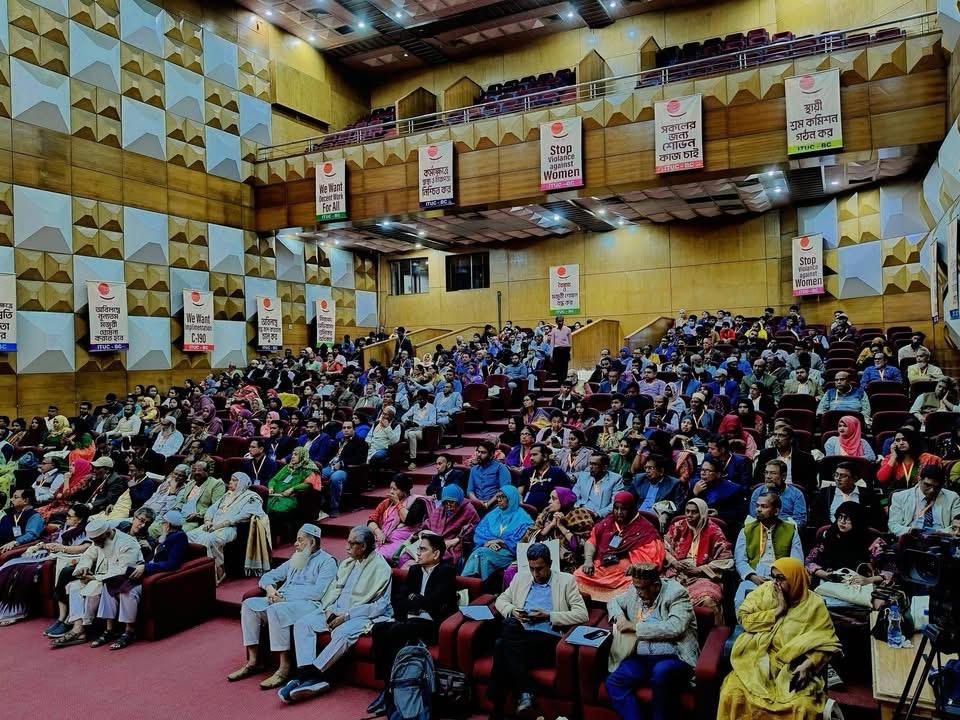











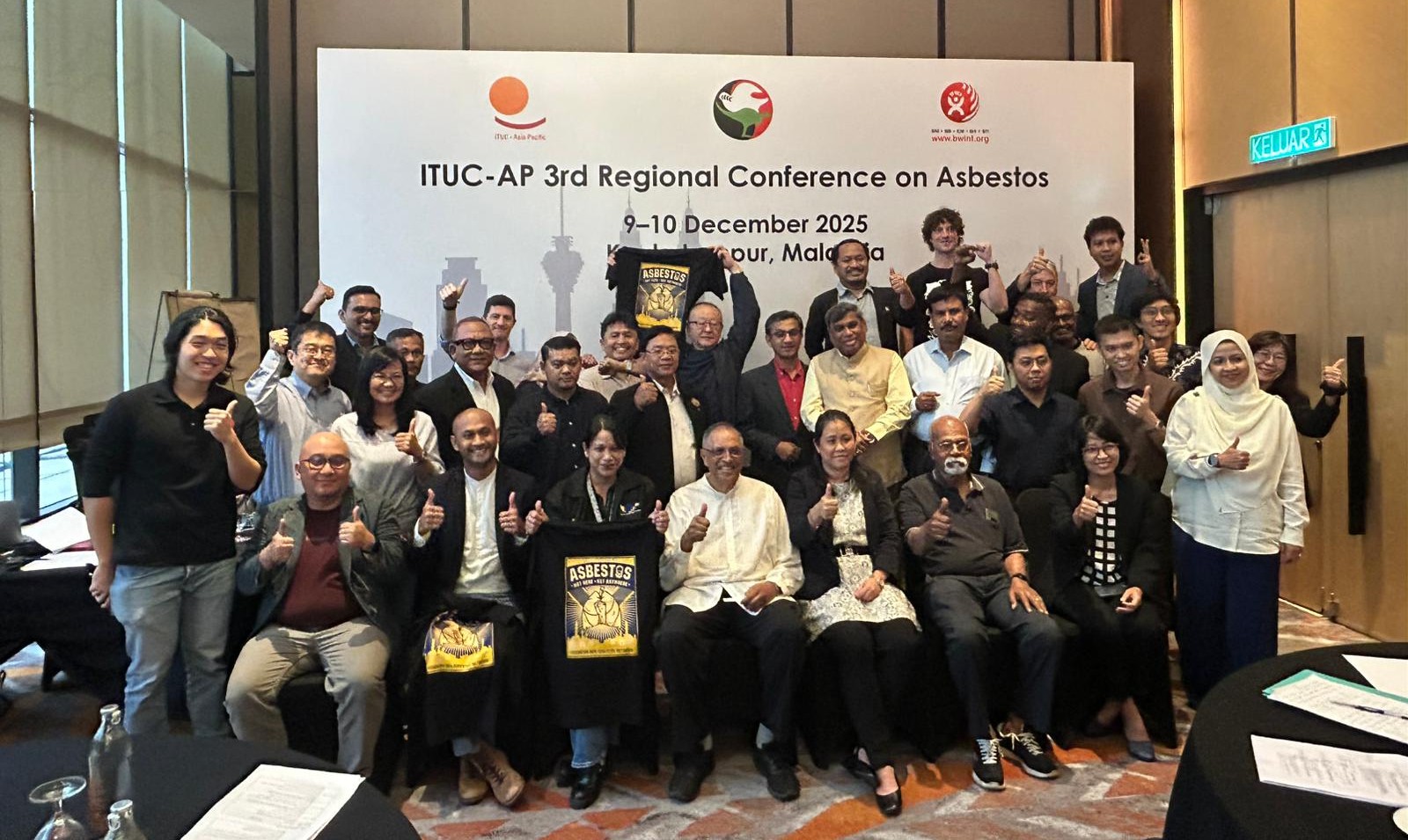





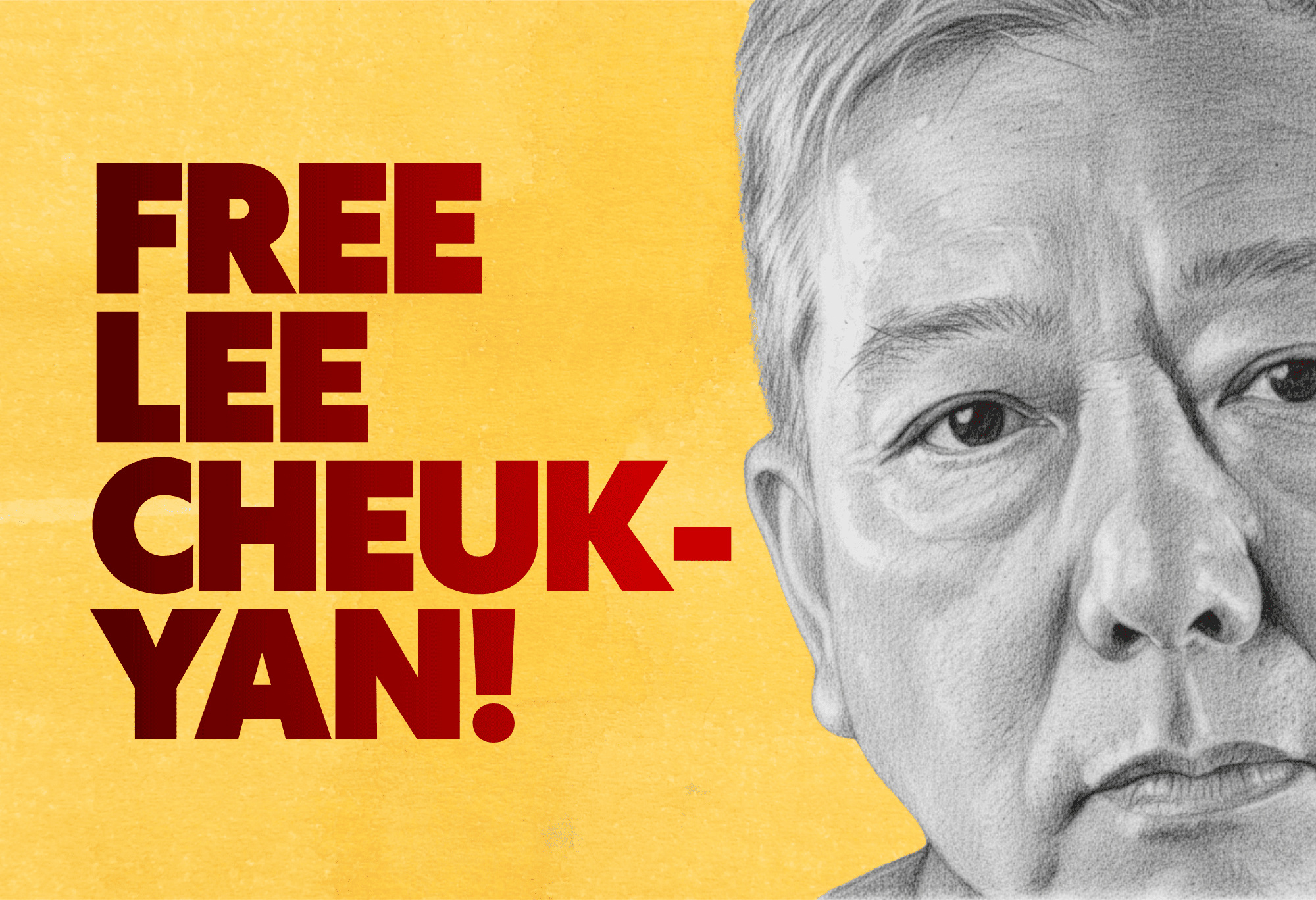





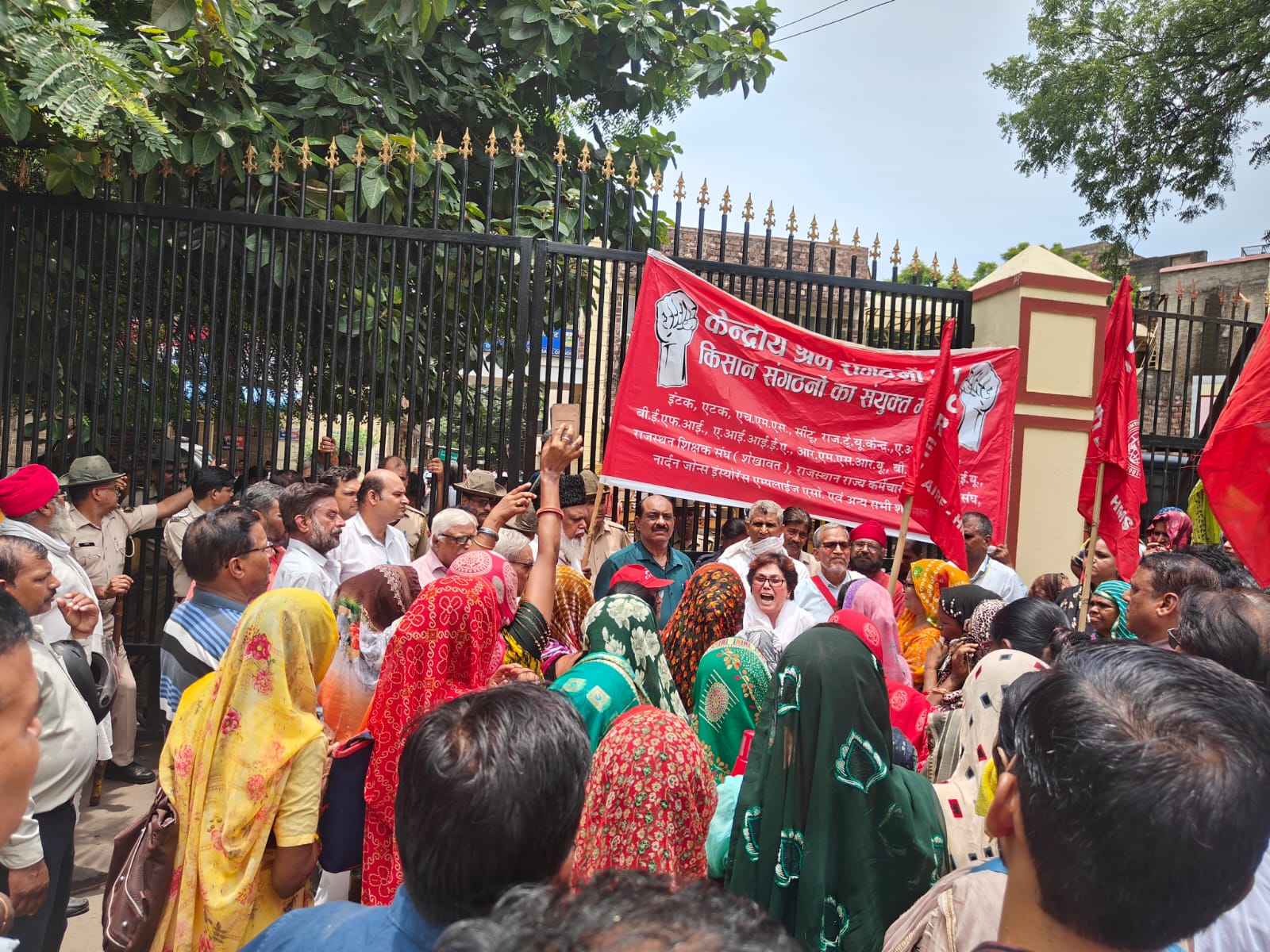





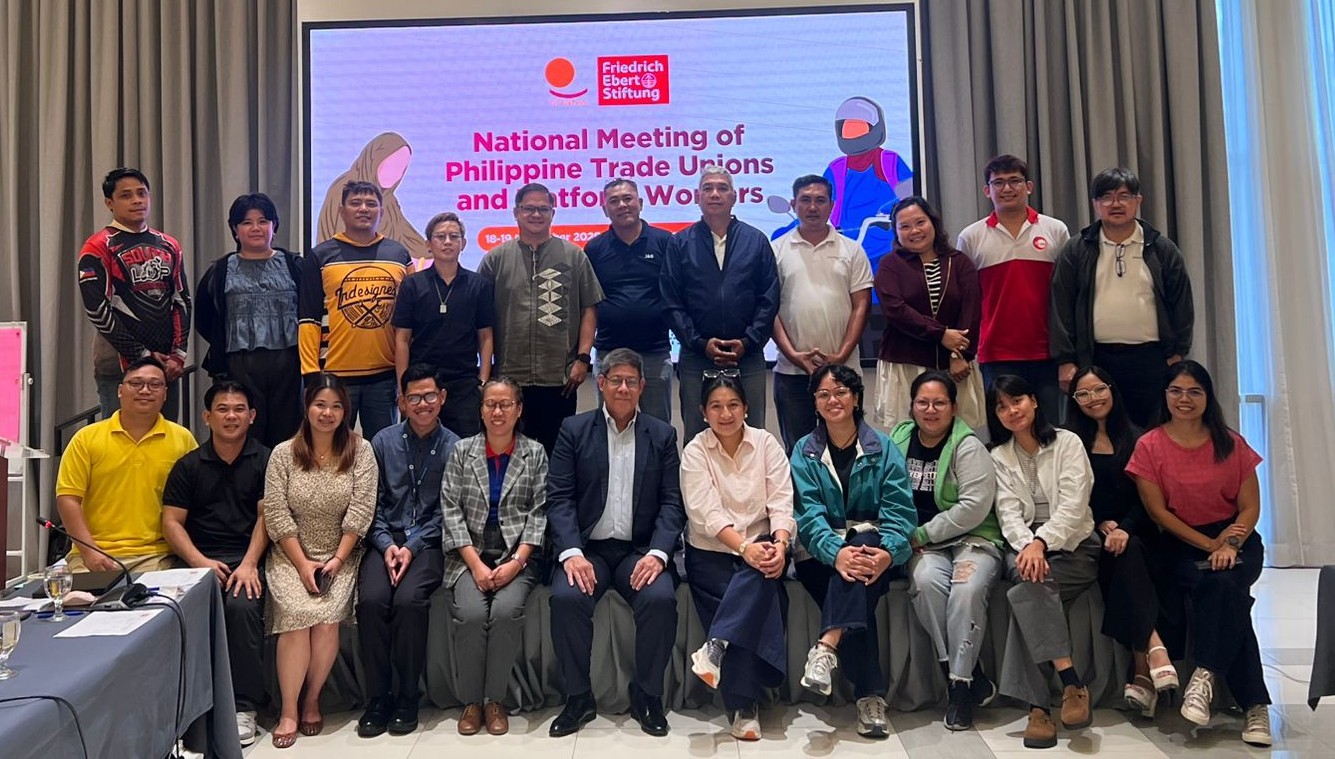





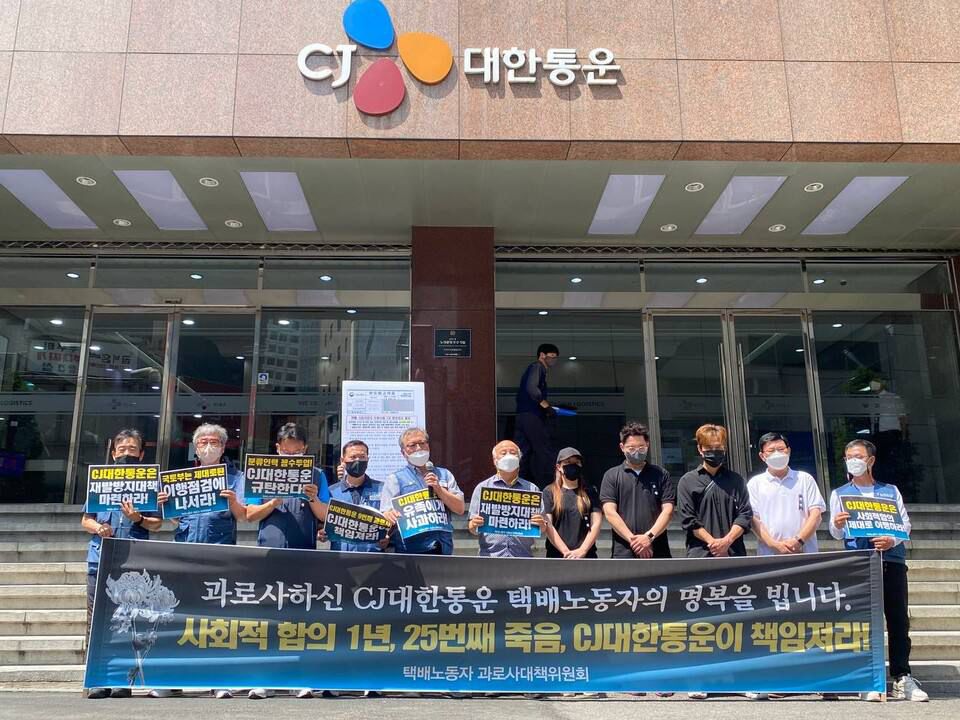





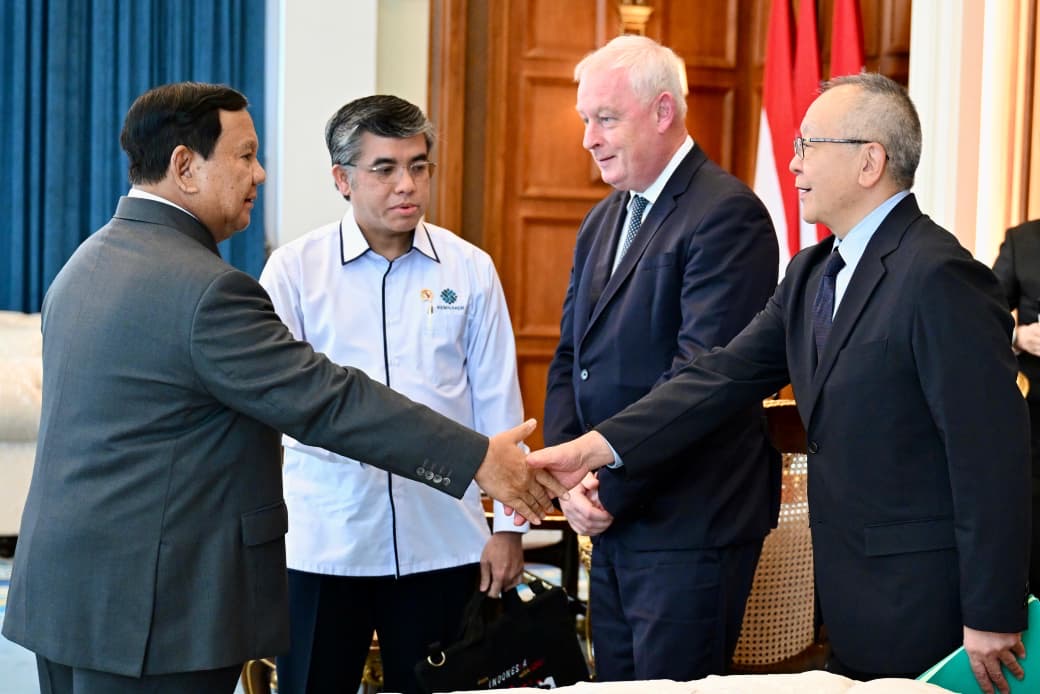





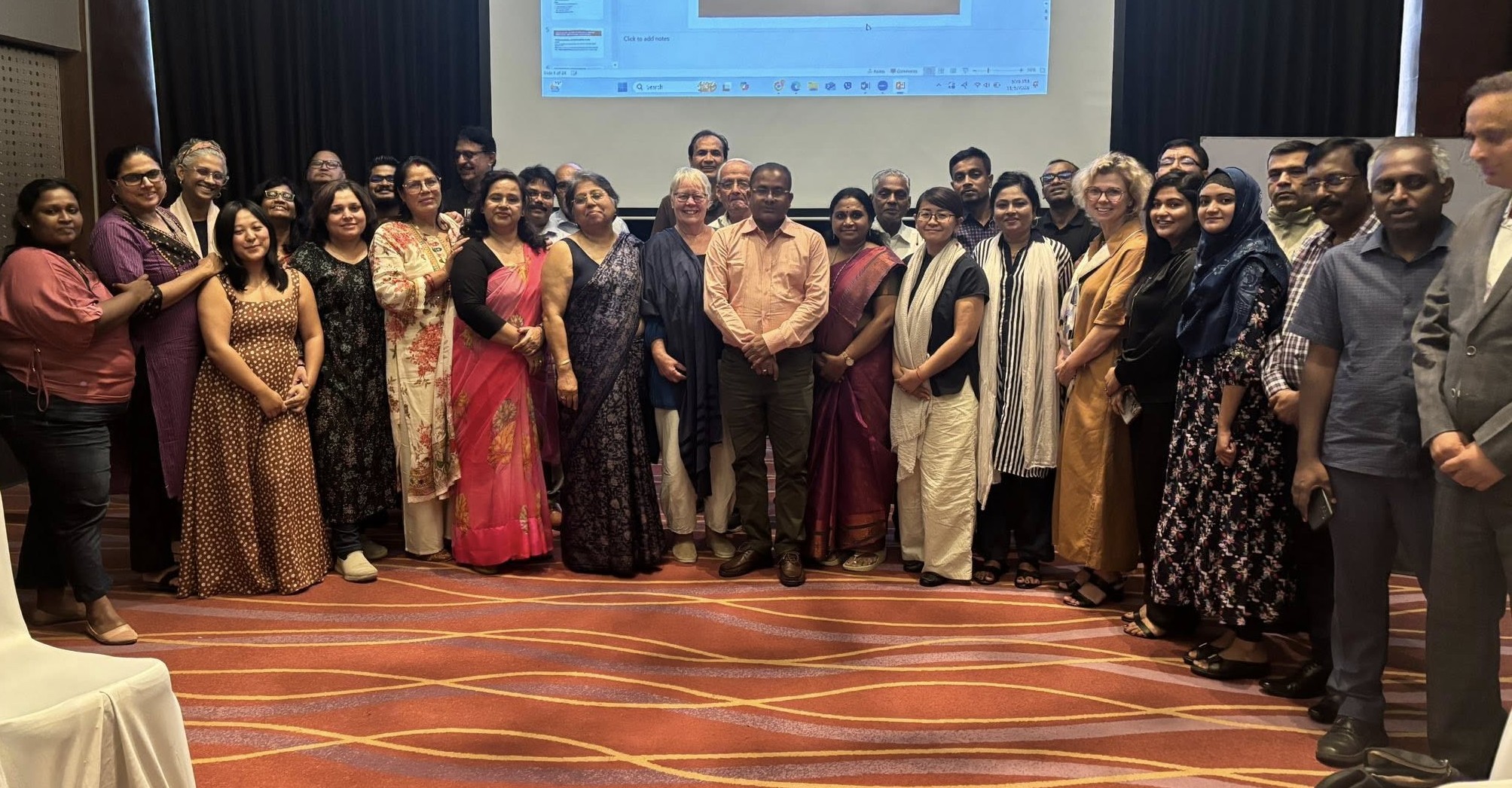





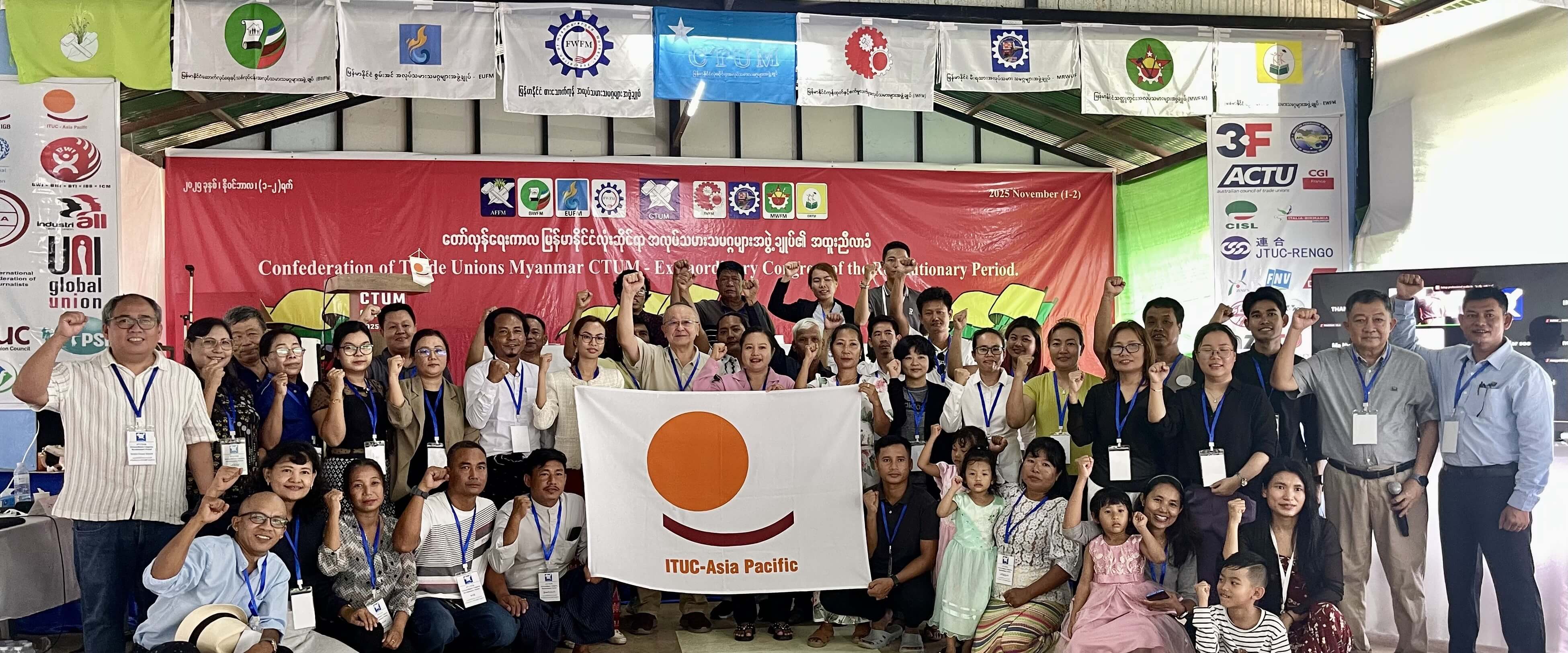





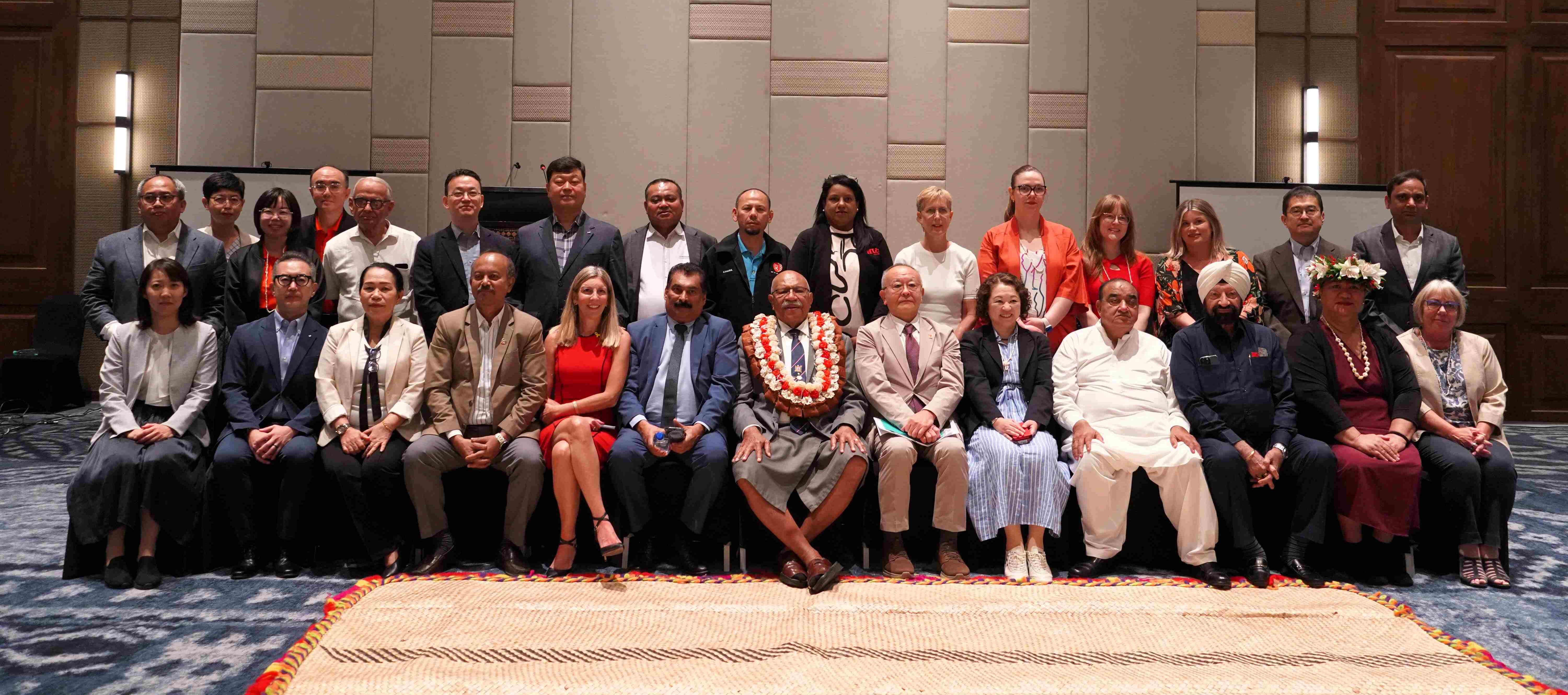





.jpg)


.jpg)


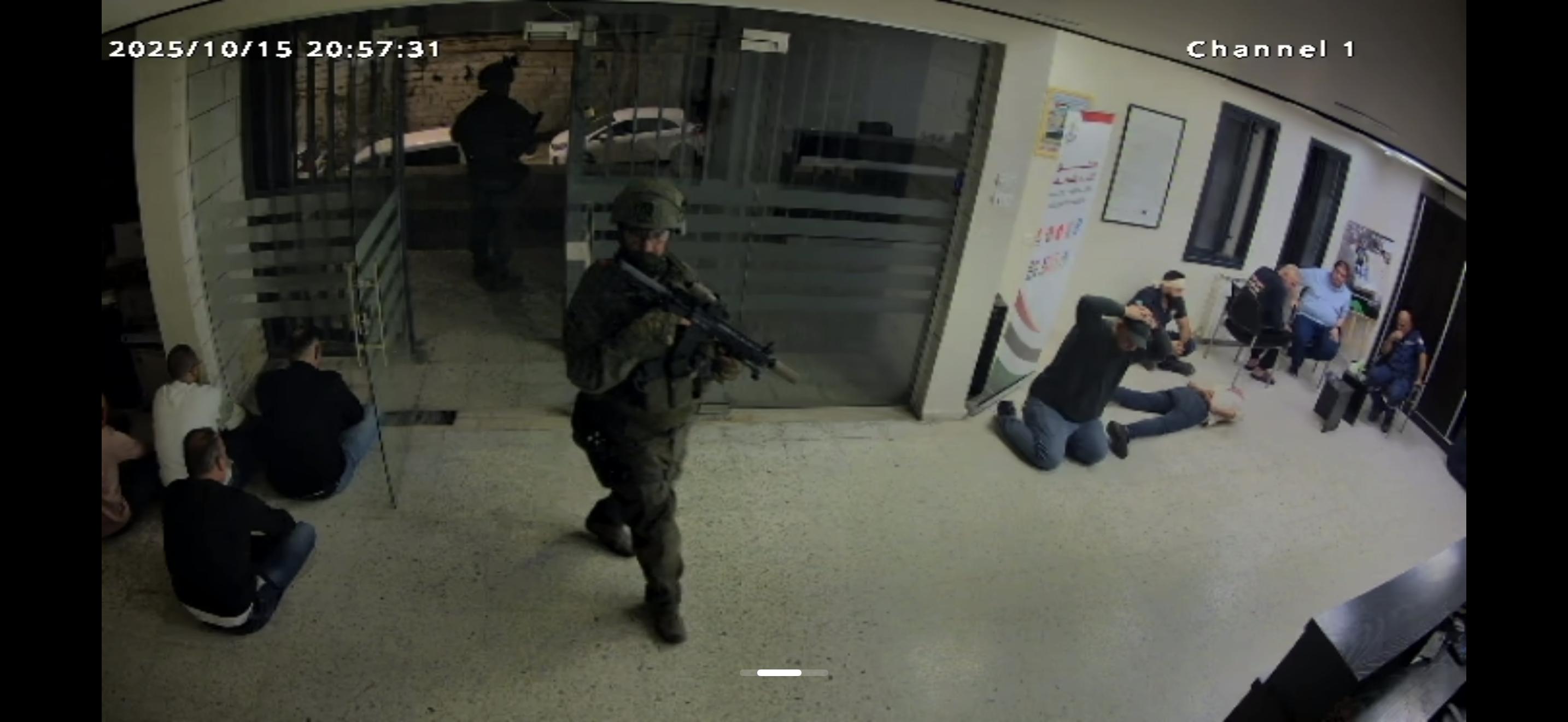





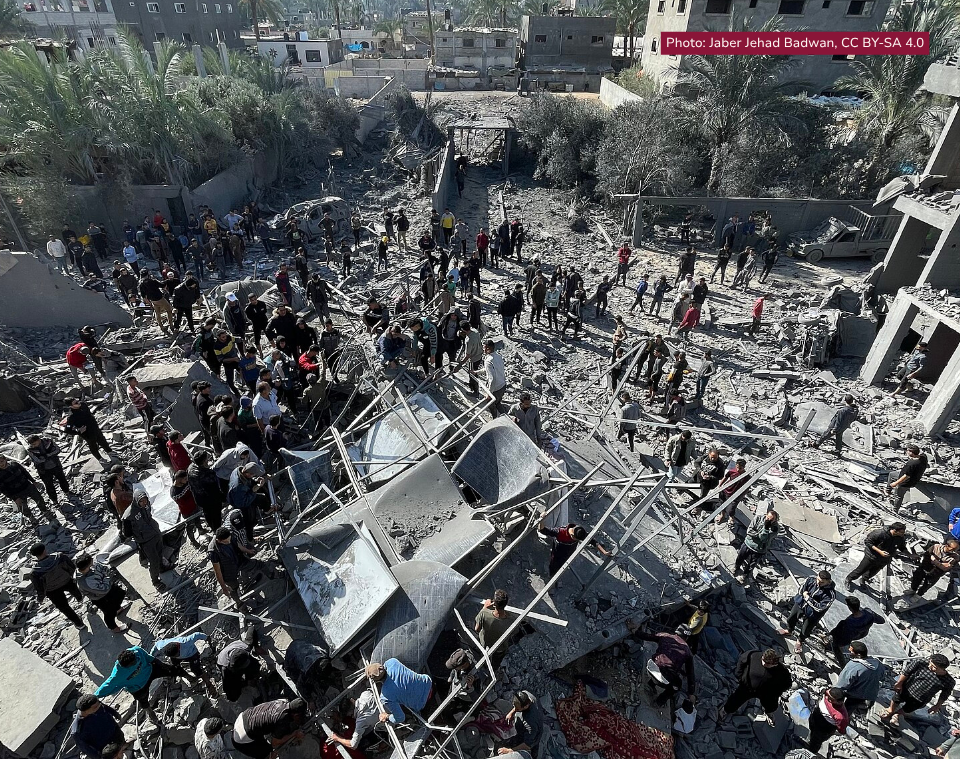





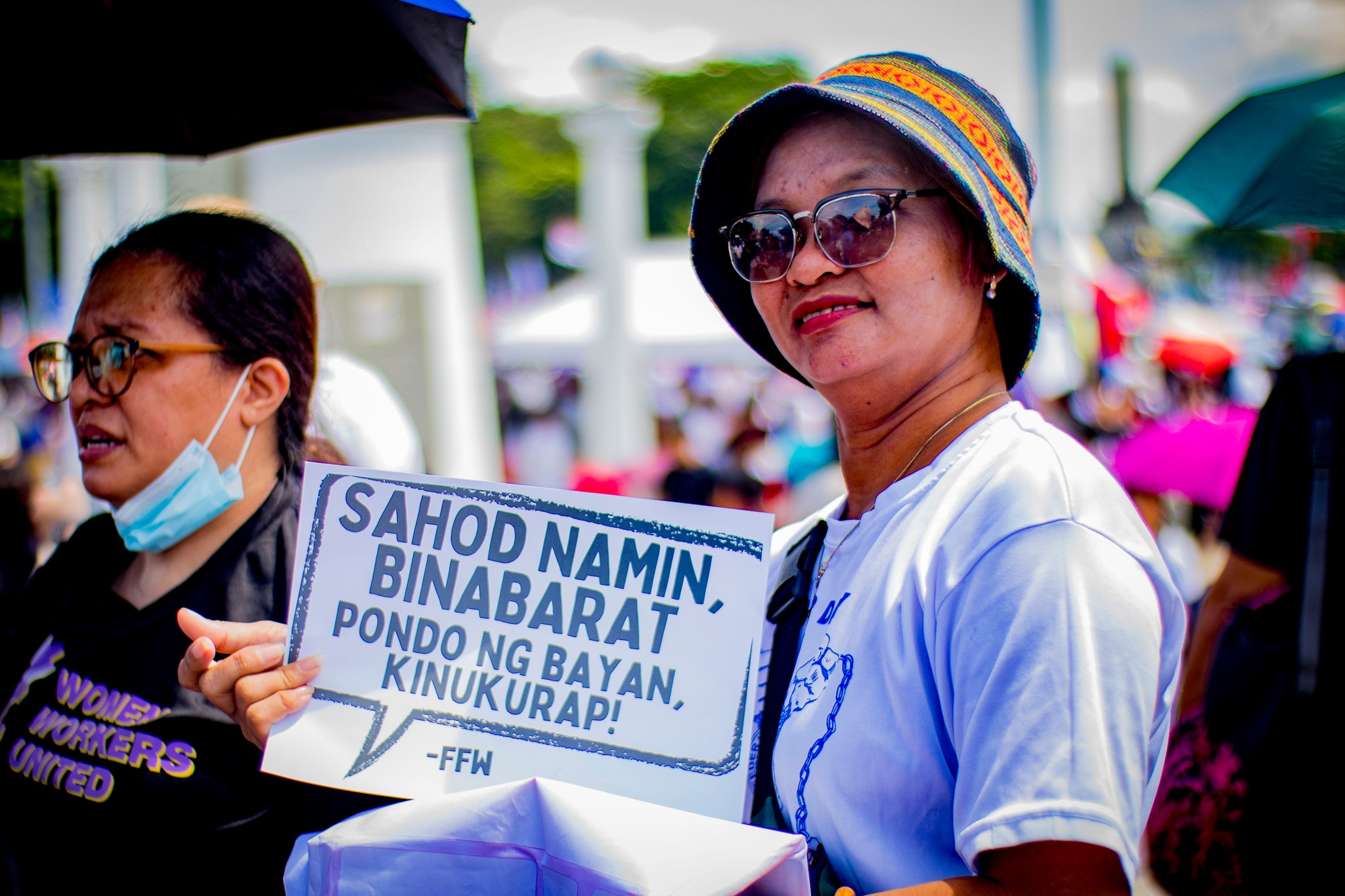





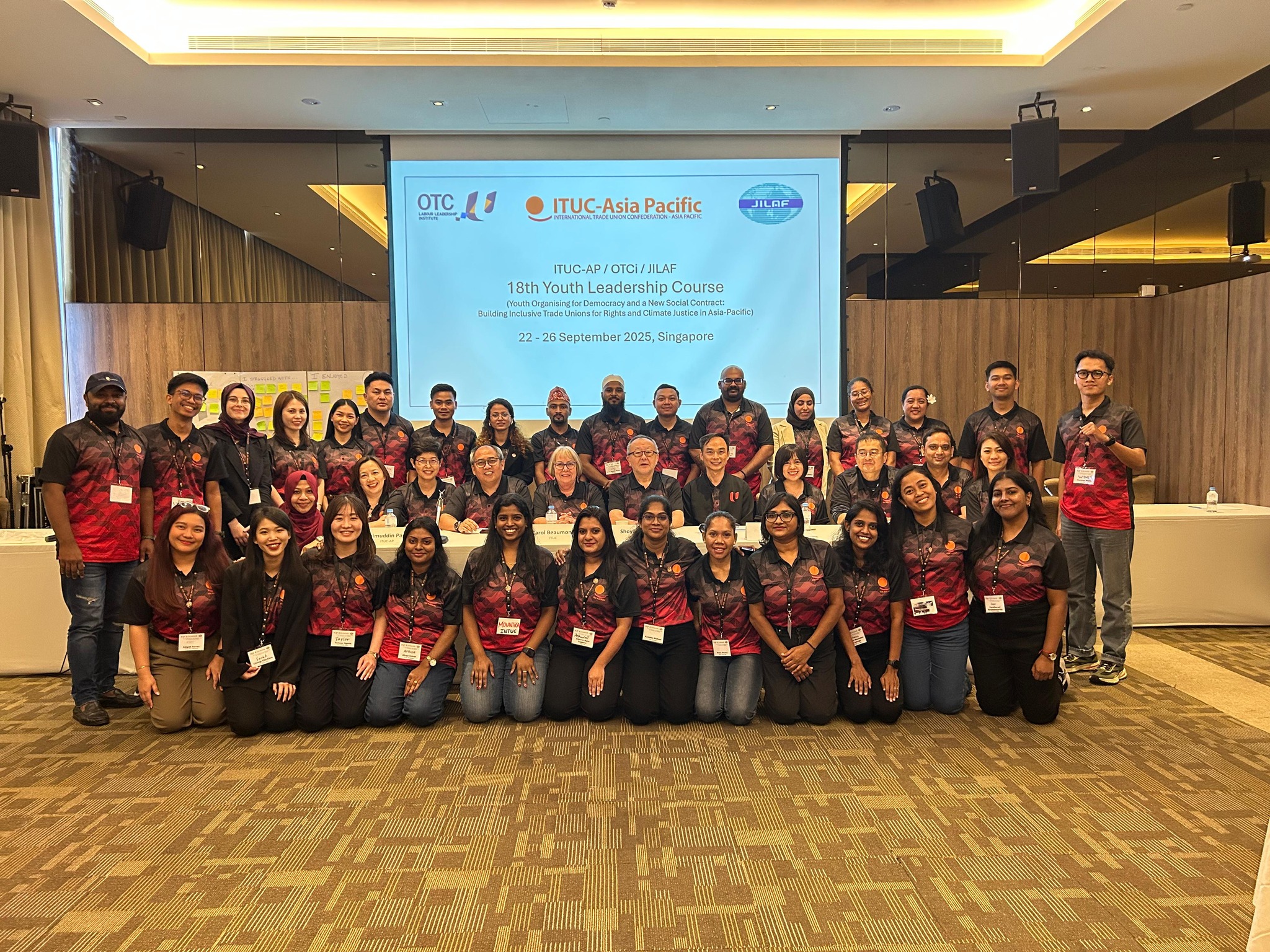





.png)


.png)








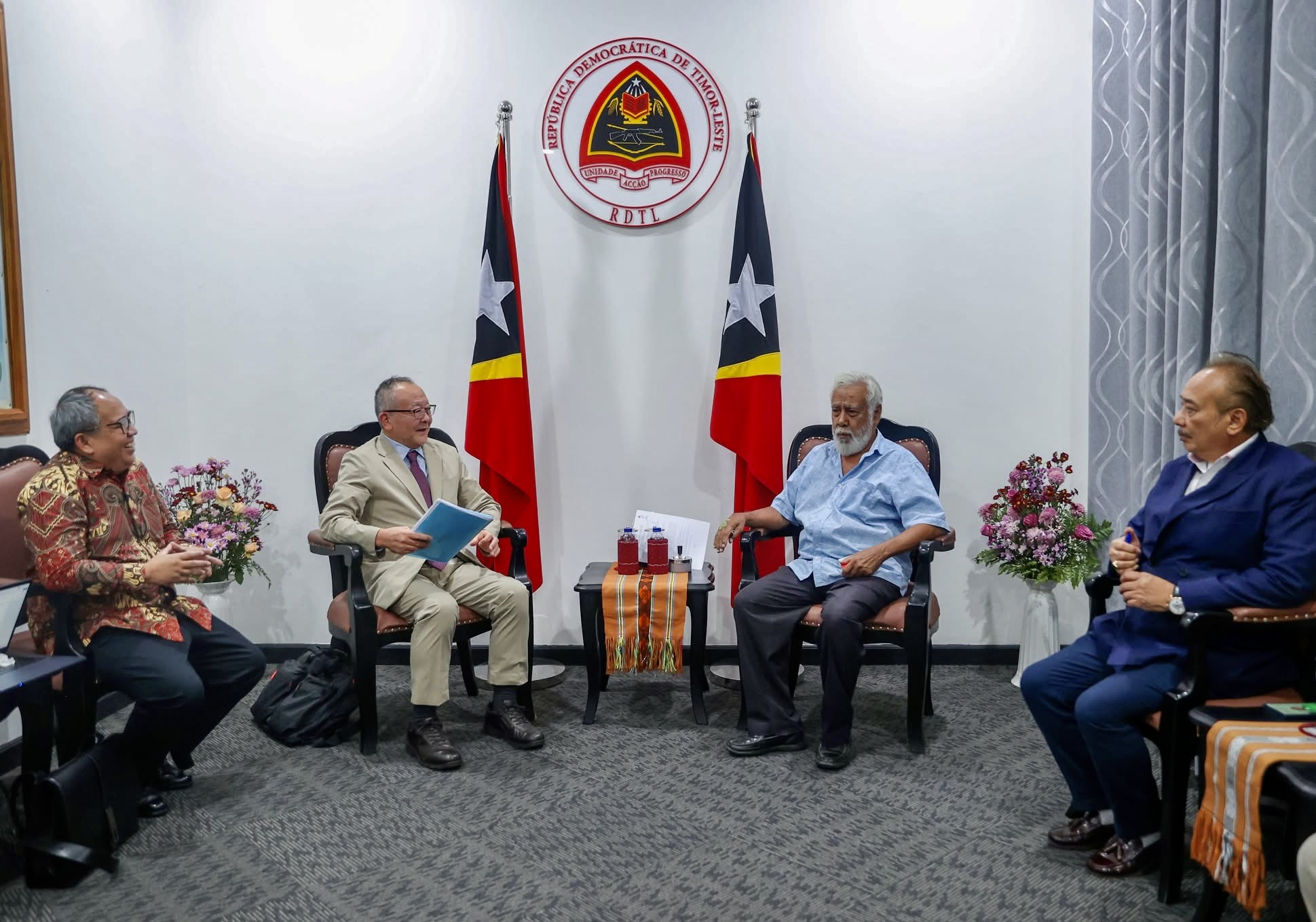





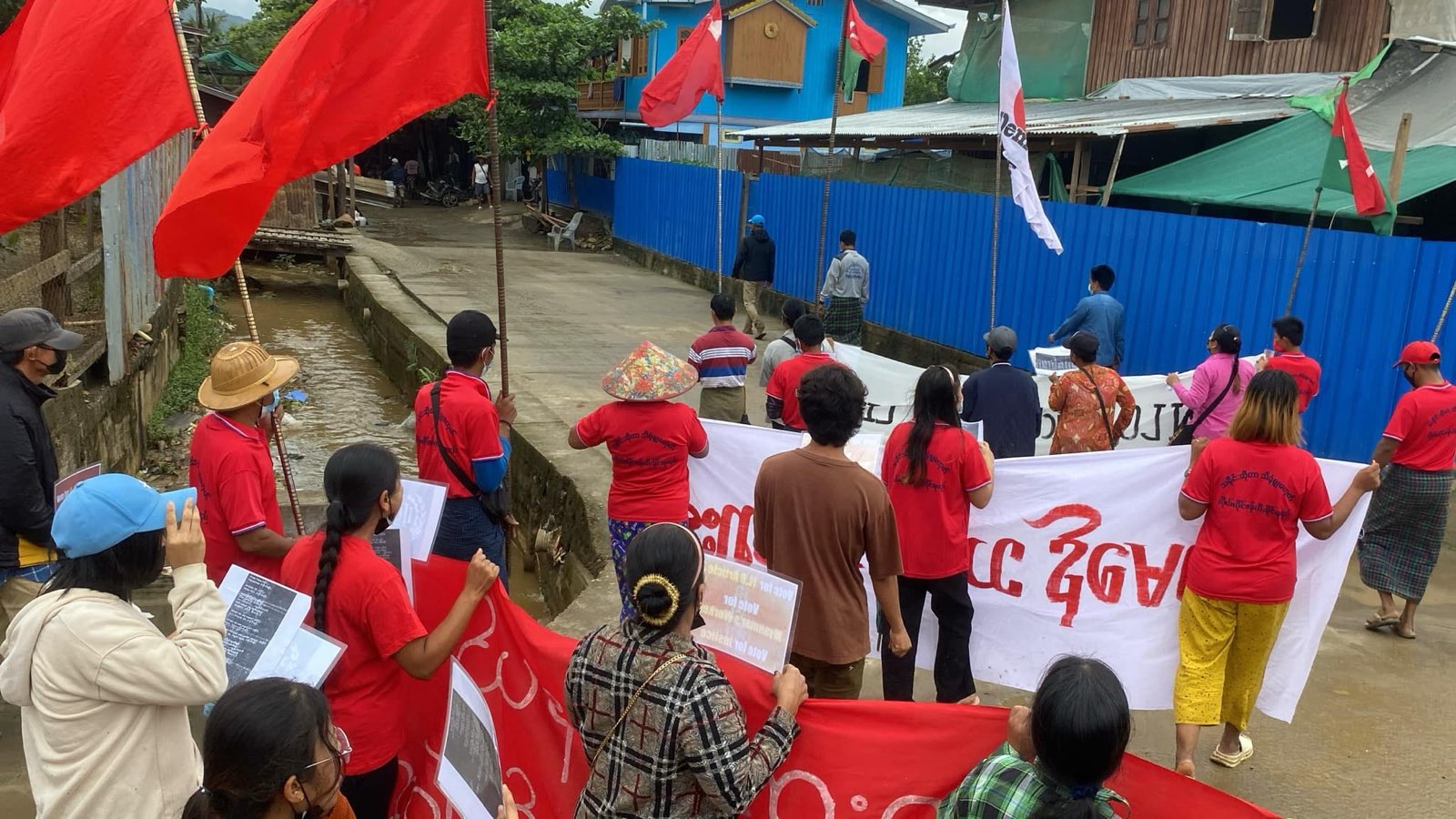





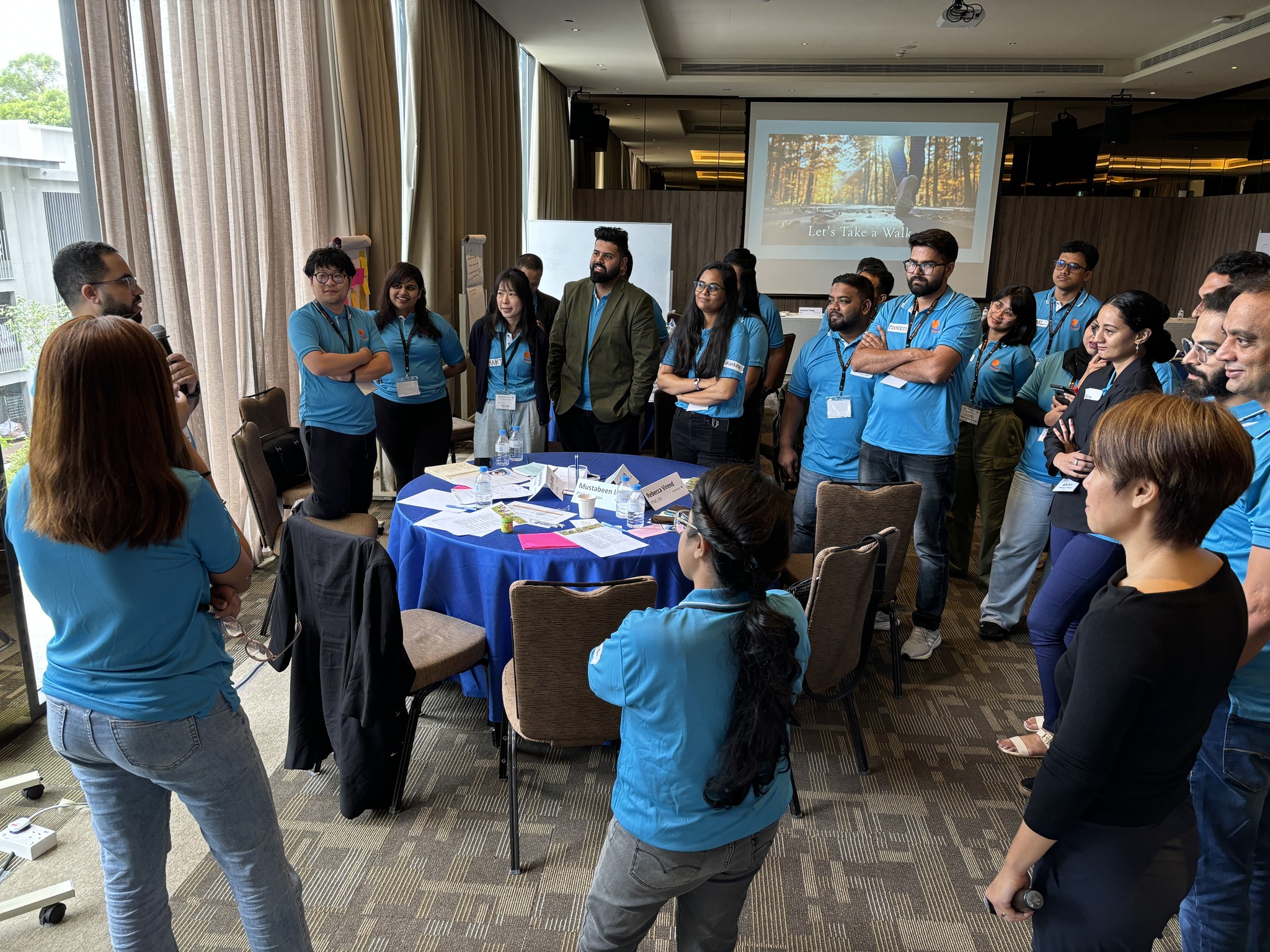











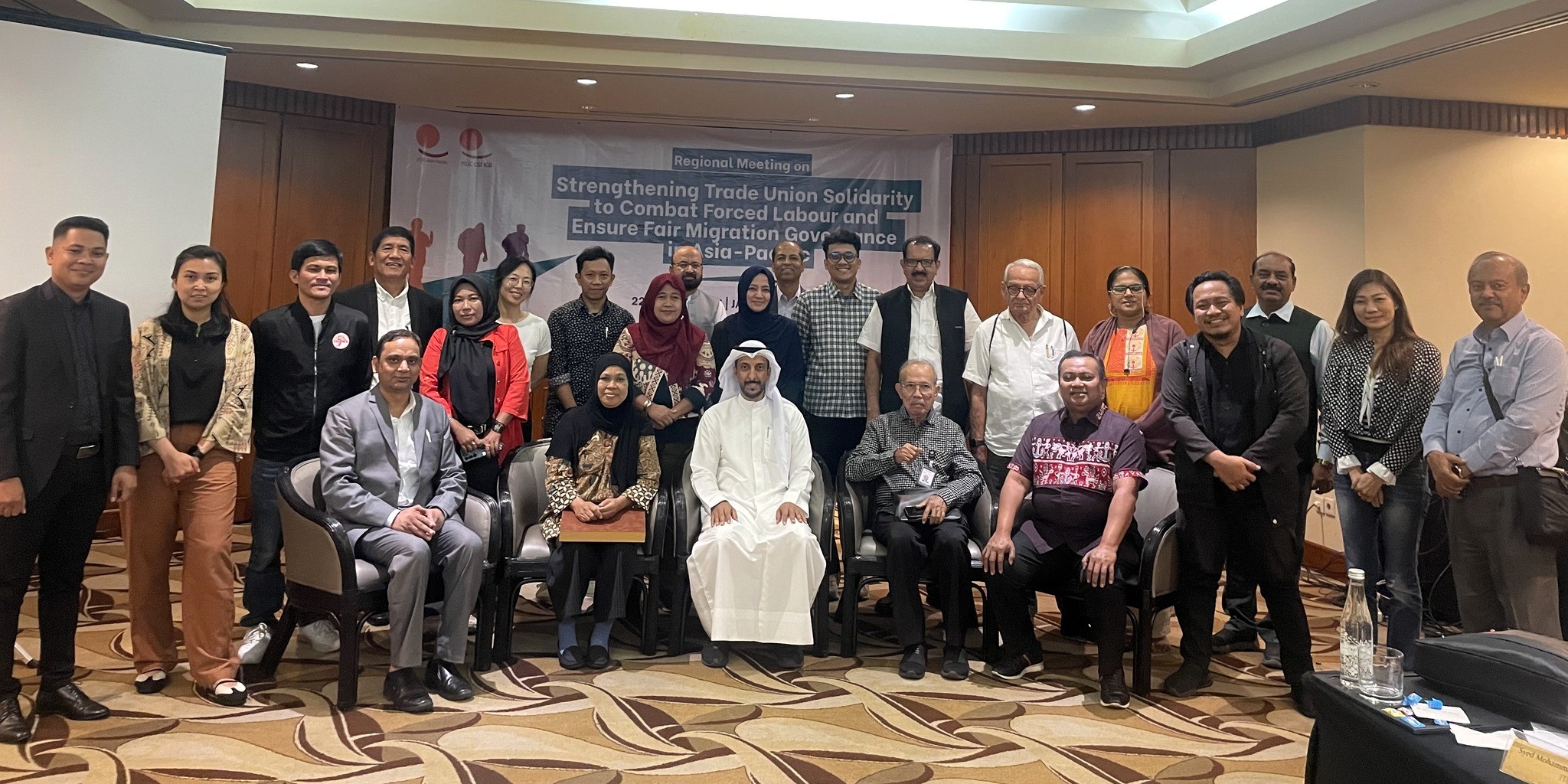























.png)


.png)














.png)


.png)
















































































































%20(1).png)


%20(1).png)
























.jpg)


.jpg)














































































.png)


.png)
























.png)


.png)










































































































.jpg)


.jpg)


























.png)


.png)


.png)


.png)

